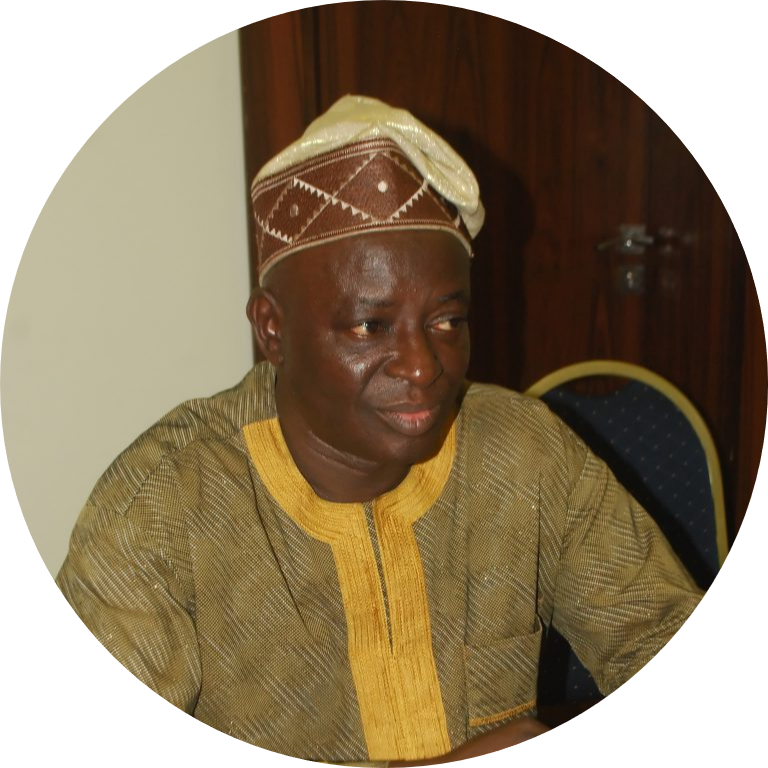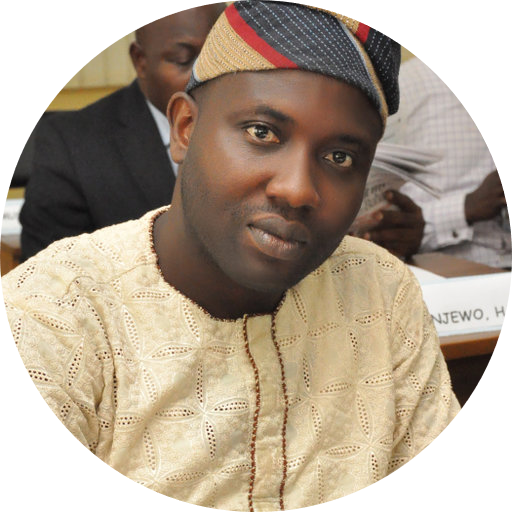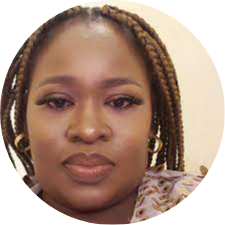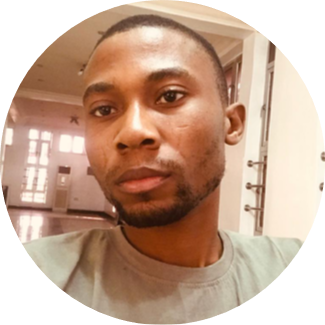Regenerating Non-Formal Learning in Africa: Digitising Yorùbá Folktales for Animation and Value Education – A Pilot Study
Research Section: Learning
Project duration: 18 Months
Find an overview of the project (PDF) here.
Summary
Folktales are fictional oral literature with cultural contents and characterization, created to aid the learning and developmental processes of the child (Akporobaro 2001, Ajikobi 2007, Gomez 2016). As a form of informal learning, the folktale is crafted by sages, who are mostly women, as a communal verbal art which addresses such themes as humanity, discipline, religion, leadership, integrity and their importance, in a bid to maintain generations with strong morals and sustainable ways of life.
However, folktales have not enjoyed sufficient interest in African societies in recent times (Alade, Folaranmi, & Odejobi 2015). This research, which aims to produce African contents, specifically Yorùbá, for children’s entertainment and moral learning, is an attempt to create an indigenous alternative to oriental and occidental animations using Yorùbá folktales.
This project is in two phases. The first phase involves the collection, documentation and analysis of the folktales of the Yoruba, a major ethnic nationality in Nigeria, in anticipation for the second phase. The second part involves scripting and creating animated contents as a model for children’s consumption in contemporary form to orientate children towards African realities by highlighting the cultural norms through digitized folktales. In addition, this research will contribute to restructuring African studies by moving the folktales away from the usual oral and anthologised forms that they have appeared on pages of books, to a more appealing, dramaturgical and modernised form. This research will contribute to the Knowledge Laboratory by making the folktales readily available for future reference.
Key questions
This project seeks to address the following questions:
- Through precisely what relational processes have African folktales evolved in both character and modes of transmission?
- What is the level of children’s awareness and understanding of African folktales?
- In what ways can African folktales be made relevant as a major source of mental development for children in contemporary times?
- In what ways can we expand the boundaries of documenting African folktales and their traditions to keep up with evolving realities?
- How will adults perceive the provision of animated African contents and its influence on children as alternative to foreign contents?
Methods and concepts
This project is in two phases. The first phase involves the collection, documentation and analysis of the folktales of the Yoruba, a major ethnic nationality in Nigeria, in anticipation for the second phase. The second part involves scripting and creating animated contents as a model for children’s consumption in contemporary form to orientate children towards African realities by highlighting the cultural norms through digitised folktales. The method of data collection will be through recording of detailed oral narratives of folktales gathered from both female and male Sages, elderly native speakers authorised by the community to be the major custodians of such oral tradition.
This ethnographic research of African folktales will be pursued with mixed research methods. Focus Group Discussion (FGD) method, comprising children, parents and selected facilitators among the researchers will be organised to solicit participants’ attitudes and perceptions; knowledge and experiences; and practices. The technique is based on the assumption that the knowledge shared during FGD will help to identify and clarify shared knowledge on African folktales among groups and communities. The first phase of this research will be carried out in this proposal for 18 months.
Vision
We hope to achieve a gradual correction of the erosion of indigenous thinking in Africa via promotion of African folktales as a source of mental development. We then further the project by digitising African folktales, which have served as Africa’s major source of oral orientation for children for centuries.
Contribution or relation to the Clusters aims & goals
This study seeks to retell African folktales through a modern and child-friendly channel - animated cartoons. By strengthening the presence of such stories in quarters hitherto saturated with lore from the Global North, the project aims to influence conceptual moulds in the understanding of Africa to more seriously reflect the indigenous. By way of its praxis, therefore, our project addresses the need for reflexivity in the study of Africa.
The study acknowledges both the internal diversity of African life-worlds and their “glocal” interactions. Thus, in addition to foregrounding the multiplicity of the processes through which moral knowledge is produced in Africa, this research addresses itself to the relational nature of these processes. Part of its aim is to showcase the vibrancy of African folktales – and thus cultures – as they have evolved through an entanglement both with themselves and with global sociolinguistic dynamics. One area that the study will highlight is the medium (including language) of transmission. African folktales were characteristically told in indigenous languages, in the oral form, and to a small physical audience of about twenty children. But constant relations with developments from across the world have led to, and continue to precipitate, the evolution of the means through which folktales are told. Now anthologised in English and other world languages, dramatized and televised for transmission to wider audiences, folktales have come a long way from the tree-shade setting. Through the animation of folktales, this project carries on the evolutionary trend in the transmission of African stories, while also analysing the structures of relationality that make such consistent evolution not only possible but ultimately inevitable.
In a future phase, this study hopes to explore the substantive transformation of African folktales as they travel to the diasporas and interact with other indigenous languages and prevailing paradigms of explanation.
By investigating and building upon the processes through which moral learning occurs in early childhood, this project will provide valuable insights for the Learning and Moralities Research Sections of the cluster. Furthermore, as an eventual outcome, we expect to establish links with the Knowledges RS through the curation of materials on African folkloric engagements and traditions.
In carrying out these tasks, we hope to produce data worthy of sharing in the Knowledge Lab, thereby contributing to the vibrancy of the Digital Research Environment.
Finally, the research provides the opportunity for further collaboration among the five African Cluster Centres.
Project Team

Research Associate Professor
Institute of African and Diaspora Studies; University of Lagos
E-Mail: ayusuff@unilag.edu.ng

Dr. Abisoye Eleshin
Research Fellow
Institute of African and Diaspora Studies; University of Lagos
E-Mail: aeleshin@unilag.edu.ng

Dr. Ganiyu Jimoh
Graphic Arts/Art History,
University of Lagos

Dr. (Mrs.) Gbenusola Akinwale
Child Psychology
University of Lagos

Mrs. Adedoyinsola Eleshin
Terminology Development;
University of Lagos

Miss Anuoluwapo Adetomiwa
Yoruba Culture
University of Lagos

Mr. Olabode Adedeji
Yoruba Oral Literature,
University of Lagos

Ms. Sandra Idawu
Institute of African and Diaspora Studies
University of Lagos
Further links / key references
- Abbott, O. (2020). The Self, Relational Sociology, and Morality in Practice. Palgrave, Macmillan.
- Adeyanju, I., Babalola, C., Salaudeen, K. & Oyediran, B. (2015). 3D-Computer Animation For a Yoruba Native Folktale. International Journal of Computer Graphics and Animation. 5. 19-27. 10.5121/ijcga.2015.5302.
- Ajikobi, D. (2007). Verbal Art: A Promising Mountain of Gold. Ibadan: Kraft Books.
- Akporobaro, F. (2001) Introduction to African Oral Literature: A Literary Descriptive Approach. Lagos: Lighthouse Publishing Co. Ltd.
- Alade, S., Folaranmi, S. & Odejobi, O. (2015) A Model for Animation of Yoruba Folktale Narratives. Afri J Comp & ICTs Vol 8, No 3 Issue 2 pp 113 - 120.
- Babalola, A. (1982) Akojopo Alo Ijapa [Transl. Collection of Tortoise Folktales]. Ibadan: University Press Limited. Ibadan.
- Kohlberg, L. (1969). Stage and sequence: The cognitive-developmental approach to socializing. In Goslin, D. A. (Ed.) Handbook of socialization theory and research (pp. 151-235). New York: Academy Press.
- Cushman, F., Kumar, V. & Railton, P. (2017). Moral learning: current and future directions. Cognition. http://dx.doi.org/10.1016/j.cognition.2017.06.008
- Fanon, F. (1952). The Negro and Psychopathology, in Black Skin, White Masks. France: Éditions du Seuil.
- Finnegan, R. (1970). Oral Literature in Africa. Oxford: Clarendon Press.
- Fischer, J. (1963). The Sociopsychological Analysis of Folktales in Current Anthropology 4(3): 235-95. http: //www.jstor. org/stable/2739608
- George, J. & Mairi, M. (eds.) (2019) Centering African Proverbs, Indigenous Folktales and Cultural Stories in Curriculum: Units and Lesson Plans for Inclusive Education. Toronto: Canadian Scholars, an Imprint of CSP Books Inc.
- Gomez, J. (2017). Our folktales and the stories of others: Interpreting folk narratives from different cultures as a pedagogical tool. An Unpublished PhD in Humanities. Universidad Carlos III, Madrid.
- Kohlberg, L. (1969). Stage and sequence: The cognitive-developmental approach to socializing. In Goslin, D. A. (Ed.) Handbook of socialization theory and research (pp. 151-235). New York: Academy Press.
- Luckmann, T. (2002). Moral Communication in Modern Societies. Human Studies. 25. 19-32. 10.1023/A:1014838423896.
- Ojo, O. (2012). Ijapa Tiroko, Oko Yannibo [Transl. Tortoise and his Wife]. Lagos: Learn Africa Plc.
- Piaget, J. (1965). The moral judgment of the child. New York: Free Press.
- Sebastian, W. (2010), Study on the impact of Computer Animation on children in three cities of Kerala (Calicut, Cochin & TVM).
- Yeh, H. (2010). Piaget in the United States,1925-1971.The Cambridge Companion to Piaget. Published online:28 March 2010

